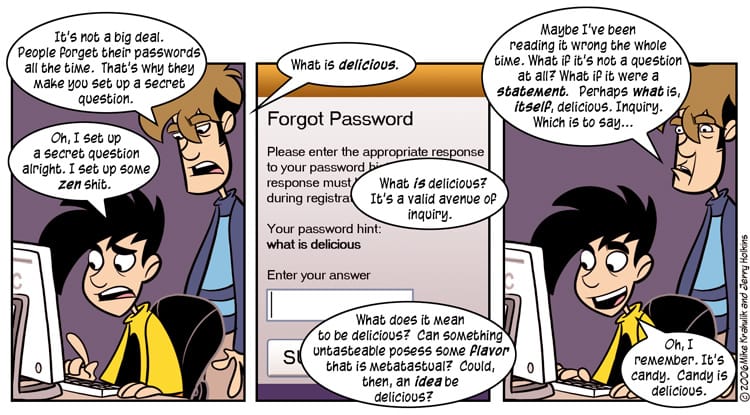🔐 Why Your Business Needs a Password Manager (and Which One to Choose in 2025)

Let me guess: your bookkeeper still has your bank login saved in a notes app. Your ops lead texts you every time the 2FA code is needed. And you're not even sure who has access to Stripe anymore.
There’s a better way—and no, it doesn’t involve more spreadsheets or remembering that your first pet was a hamster named Gumball.
Enter: The Password Manager
A password manager is one of the easiest, highest-impact tools you can implement in your business. Whether you're a solopreneur, a small team, or working with an outsourced accounting firm like KEP Books, this should be one of the first things in your tech stack.

🛡 Why Your Business Needs a Password Manager
- Shared access without chaos — No more texted logins, email threads, or ghosted contractors holding your credentials hostage.
- Built-in security best practices — Randomized, strong passwords. Secure storage. Easy sharing.
- Continuity and ownership — If someone leaves your team, you don’t lose access. If you scale or sell, you have everything ready to hand off.
- Team collaboration — You can create separate vaults or folders for different team members, departments, or outsourced support.
- Secure storage of MFA codes, security question answers, and private notes — All in one place.
🥇 Our Top Pick: Bitwarden
We recommend Bitwarden for nearly all of our clients and use it internally at KEP Books. Here’s why:
- Open-source and regularly audited
- Affordable (free for individuals, ~$40/year for small teams)
- End-to-end encrypted
- Option to self-host (for the very security-minded)
- Strong team management and vault-sharing capabilities
Need something fancier? 1Password is also great—especially if you want a slicker UI and don’t mind a higher price tag. But Bitwarden gets the job done beautifully for most.
💡 Bonus Use Cases
- Store security question answers using non-obvious standardized themes (e.g., golf pros, cheese types, Discworld characters)
- Save Google Voice numbers for shared 2FA accounts
- Use with shared emails like
accounting@yourcompany.comto keep financial logins organized - Maintain backup codes and notes for things like Stripe, Gusto, Ramp, etc.
🎯 TL;DR:
Your password manager isn’t just for convenience—it’s for security, continuity, and scaling your business without losing your mind (or your logins).
Don’t let yourself be the single point of failure. Get set up now, thank yourself later.
Need help getting started? We’ve helped dozens of businesses get their vaults organized and secure—reach out if you want a walkthrough or just want to be gently shamed into better practices.
Stay safe out there. 🛡
